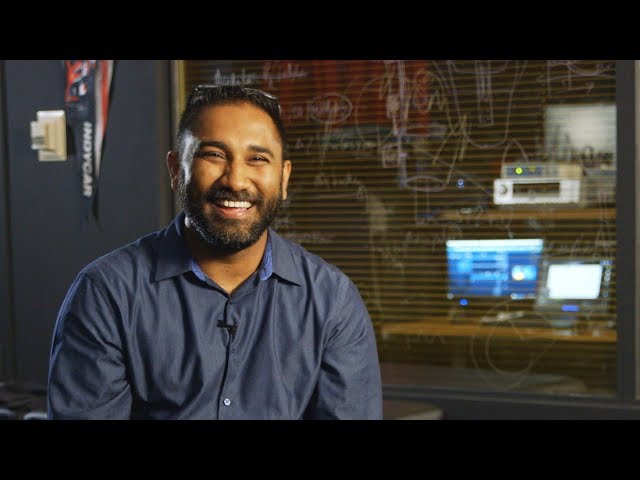Neuromechanics and Neuroplasticity Laboratory – ENS 216

The main goal of the Neuromechanics and Neuroplasticity Laboratory is to optimize sensorimotor recovery and learning in patients with neurological disorders (e.g. Parkinson’s Disease and Mild Cognitive Impairment) through a better understanding of neural plasticity that underlies motor impairments, recovery and rehabilitation.
My research aims at understanding the neural mechanisms underlying movement control and learning across the lifespan and in persons with movement disorders arising from nervous system pathologies. We then use these discoveries to translate them into innovative and meaningful interventions and rehabilitation paradigms.
The research in our laboratory encompasses a wide spectrum from basic science experiments for understanding motor behavior in healthy adults and those with neurological deficits at to explore the effects of mechanistic interventions & strategies to augment sensorimotor recovery. Our research employs motion analyses to characterize and quantify movement strategies as they evolve with practice and time in patients with neurological disorders.
(Faculty Profile Here)
Facility
The lab is currently equipped with cutting edge state-of-art equipment for electrophysiological measurements, virtual reality simulators and robotics. The lab features full-body 18-channel wireless intramuscular and surface electromyography (EMG), wireless electroencephalography (EEG) and full-body 3D cameraless wireless motion capture systems. With the help of these systems we are capable of collecting high-resolution human kinetics and kinematic data not only in the lab but also in the field or the person’s natural environment. This enables us to translate our work in the lab into the real world. The lab also houses 2D and 3D virtual reality systems and a driving/flight simulator to study functional transfer of motor skills.
Links
Contact Us
SDSU Physical Therapy
San Diego, CA, 92182-7251
